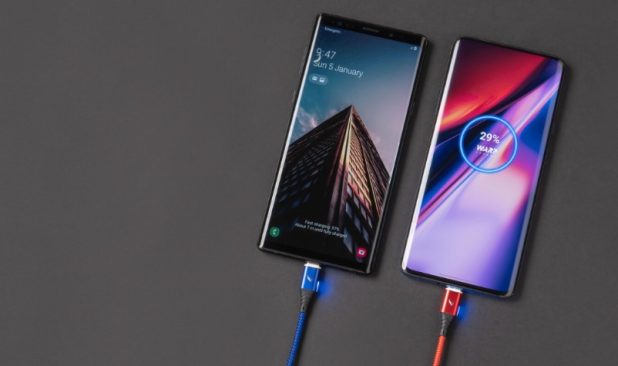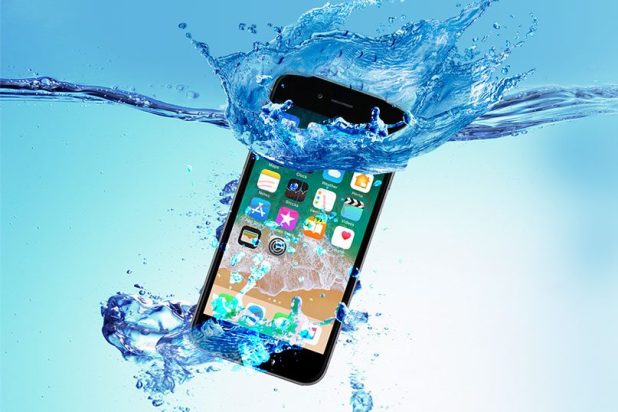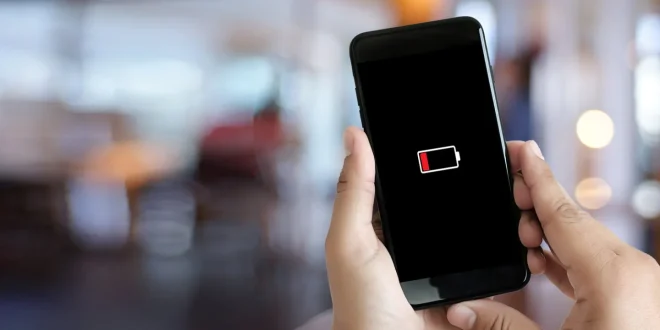Smartphones nowadays aren’t getting any cheaper. The price of a new iPhone is close to $1,000, or even more. That’s a lot of money for most people, which is why it is crucial to follow some beneficial practices to extend the life of your smartphone. For example, you should always keep it in a case to protect it from drops and scratches. You should also avoid exposure to extreme temperatures, as this can damage the battery. Additionally, it would be best if you were careful not to overcharge it, which can shorten the battery’s lifespan.
Free resources like CellularNews.com can help you make the most of your smartphone. Nonetheless, in this post, we’re going over seven things you must never do if you want your smartphone to stick with you for much longer!
Table of Contents
1. Turning off auto-brightness
If you want your phone to last as long as possible, you should never turn off auto-brightness. Auto brightness is a feature that adjusts the screen’s brightness to match the ambient lighting conditions. It makes it easier to see the screen in different lighting conditions and helps conserve battery power. When the screen is dimmer, it uses less power, which can help extend your phone’s lifespan. In addition, by keeping auto-brightness turned on, you can help to prevent screen burn-in. Screen burn-in occurs when a static image is displayed on the screen for an extended period, which can eventually lead to permanent damage. By automatically adjusting the screen’s brightness, auto-brightness helps reduce the risk of screen burn-in.
2. Charging while doing heavy tasks

Charging your phone while performing heavy tasks like gaming or watching videos will wear your battery down faster. The extra heat generated by the processor can cause long-term damage to the battery, reducing its capacity and lifespan. In addition, the constant charging and discharging will also lead to the degradation of the battery cells. If you want to prolong the life of your smartphone, it is best to charge it before starting any heavy tasks and then disconnect it from the charger once the battery is full.
3. Updating to the latest OS
Updating your phone’s OS is a necessary evil if you want to keep up with the latest features and security patches. However, it’s essential to know that each update also brings your device one step closer to obsolescence. As your phone’s software ages, it becomes increasingly buggy and sluggish. Older software is not designed to work with the latest hardware. As a result, your once-speedy phone will start to slow down, and you’ll see more crashes and freezes. While it’s tempting to update to the latest and greatest OS, doing so will only accelerate the aging of your device. Therefore, it’s best to stick with the second most recent OS update, and it will allow you to enjoy the latest features without sacrificing performance.
4. Using public Wi-Fi without a VPN

Most people are aware of the risks of using public Wi-Fi networks. Hackers can easily set up fake networks that lure in unsuspecting users, giving them access to all personal information. However, many people don’t realize that even accessing legitimate public Wi-Fi networks can be risky. That’s because your phone constantly transmits data over the air, making it easy for anyone nearby to intercept. If you are not using a VPN, anyone could be snooping on your activity.
VPNs encrypt your data traffic, making it impossible for anyone to eavesdrop on your phone. It includes both public and private networks, so you can rest assured that your data is always safe. In addition, VPNs can also help to protect your phone from malware and viruses. By routing your traffic through a secure server, VPNs make it much harder for malicious software to infect your device.
5. Ditching protective cases and screen protectors
If you’ve ever dropped your device, you know how it feels to watch in horror as it hits the ground. Will the screen shatter? Will the phone still work? Modern phones are designed to withstand a fair amount of wear and tear. However, that doesn’t mean you should neglect to protect your investment. Using a case and screen protector can help extend your phone’s lifespan by reducing the risk of damage from drops and scratches. Cases provide an extra layer of cushioning that can help absorb a fall’s impact, while screen protectors act as a barrier against scratches and other types of damage. Whether you are using an iPhone or Android, investing in a quality case and screen protector is one of the best ways to keep your phone looking new.
6. Exposing to saltwater

We’ve all heard the warnings about not exposing our electronic devices to water. Even if your phone is advertised as water-resistant, it’s still a good idea to take precautions. Saltwater is especially dangerous, as it can cause corrosion and damage water-resistant sealants. If you’re caught in a rainstorm or accidentally drop it in a puddle, dry it off as soon as possible. And if you’re headed to the beach, pool, or any other body of water, it’s best to leave your phone in any dry place to keep it safe. You can help keep your phone safe from water damage with some care.
7. Letting it get into deep discharge
When it comes to phone batteries, you should know a few things to extend their lifespan. First, it’s essential never to let your phone battery get to 0%, which can cause irreparable damage to the chemical state of the battery. Instead, charge your phone once it reaches 20%. Also, leave your phone with a 50% charge when storing it long-term, which will help prevent the battery from degrading. Following these simple tips, you can keep your phone’s battery healthy for years.
Conclusion
Well, there you have it! Seven deadly sins for smartphone owners. If you want to keep your phone in good condition for as long as possible, avoid these seven things at all costs.
 World Magazine 2024
World Magazine 2024






